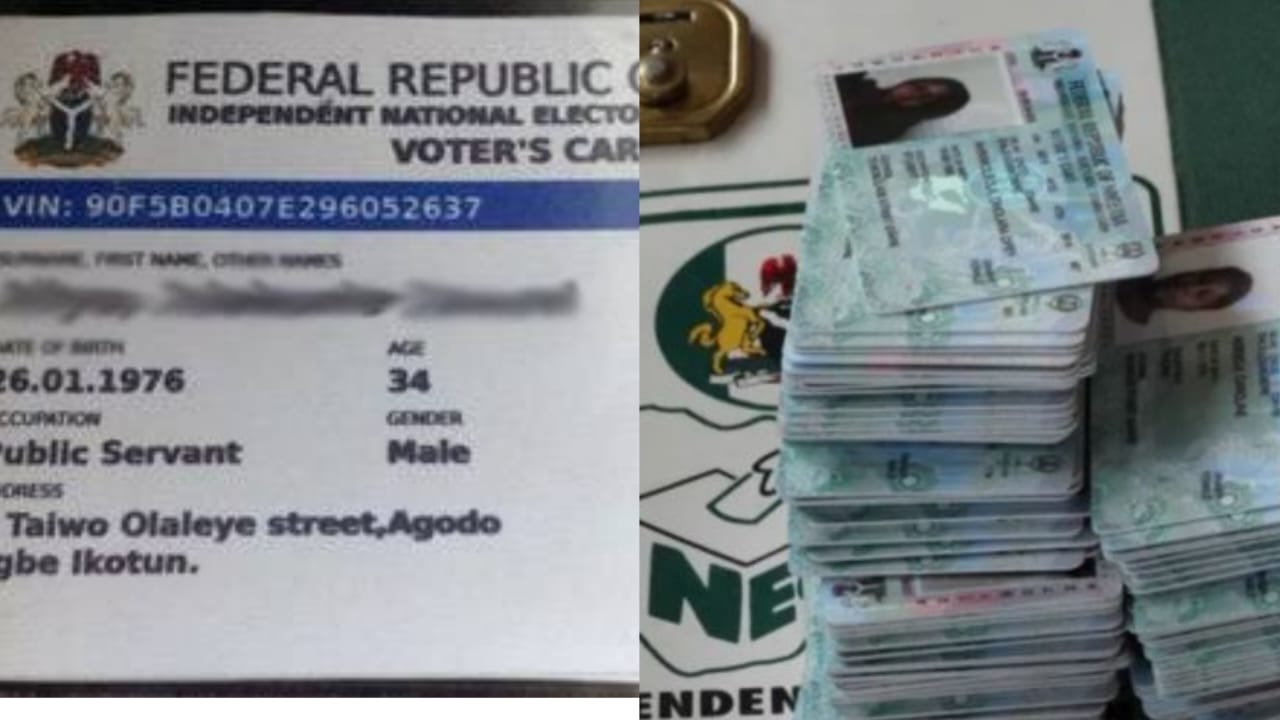Headlines
INEC asks the appeals court to overturn the decision on temporary voter cards

INEC claimed that the Federal High Court in Abuja erred in its decision in each of its three grounds for appeal.
The Federal High Court ordered the Independent National Electoral Commission (INEC) to permit voters with Temporary Voter Cards (TVC) to cast ballots in the Governorship and National Assembly elections scheduled for Saturday, March 18. INEC has petitioned the Court of Appeal Abuja to overturn this ruling.
In the lawsuit, the electoral board requested a stay of execution of the March 9 judgement ordering them to permit the respondents to use their temporary voter cards in lieu of their permanent voter cards for the general elections of 2023 while it appeals.
When the Federal High Court Abuja rejected INEC’s argument that authorising use of the TVC would amount to usurping the National Assembly’s authority under Item II of the concurrent legislative list, INEC claimed that the Federal High Court Abuja erred in its judgement.
It criticised the trial court for ruling that PVC was not stated in either the Constitution or the Electoral Act as a prerequisite for voting or as the sole way a voter would be eligible to be verified, accredited, and to cast a ballot.
READ ALSO: Amaechi and Tonye Cole campaigned against Tinubu – Wike
A person is eligible to vote at an election conducted by the Commission if they present a valid PVC at the polling place where they are registered to vote, according to INEC’s statement that combines Sections 47(1) and (2) of the Electoral Act 2022 and Paragraph 5(IV) of INEC Regulations & Guidelines for the Conduct of Elections 2022.
In addition, it claimed that section 18(3) of the Electoral Act of 2022 made it plain that a PVC was the sole acceptable document for voter authentication at polling places when using BVAS voting machines.
The electoral body added that the trial court’s decision to engage in judicial legislation and toss aside the relevance and significance of the aforementioned Manual & Guidelines, which prescribed in detail the accreditation and voting procedure with the exclusive use of PVCs, defeated the entire purpose of the Manual & Guidelines.
In his ruling, Judge Obiora Egwuatu of the Federal high court directed INEC to permit Misters Kofoworola Olusegun and Wilson Allwell, two registered voters who had been wronged, to participate in the elections with their TVCs.
The plaintiffs bemoaned their inability to acquire their PVCs by the deadline of February 6 set by the electoral body, despite their best efforts and several trips to the INEC headquarters.
The trial court decided that the evidence presented proved that the plaintiffs had been properly registered and that INEC’s database had their information.
As a result, it issued an order forcing INEC to let them to cast a ballot during the upcoming elections using the TVC provided by the electoral body after they had been properly recorded in the database of the National Registry of Voters.
